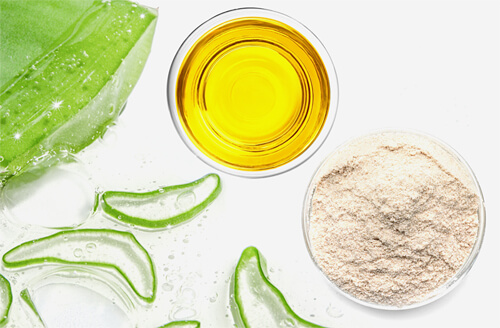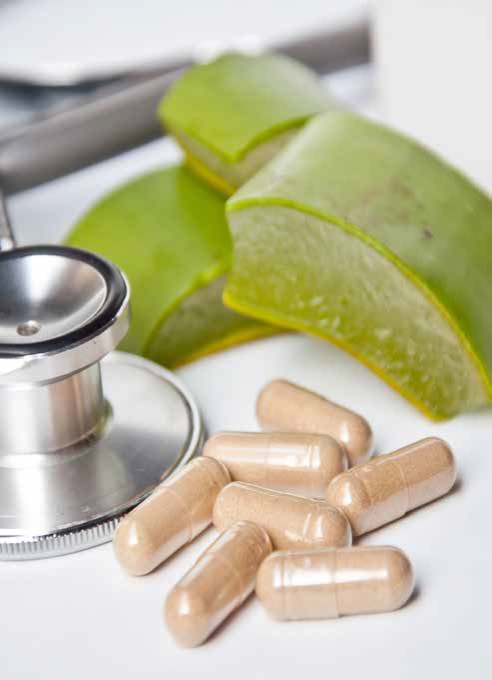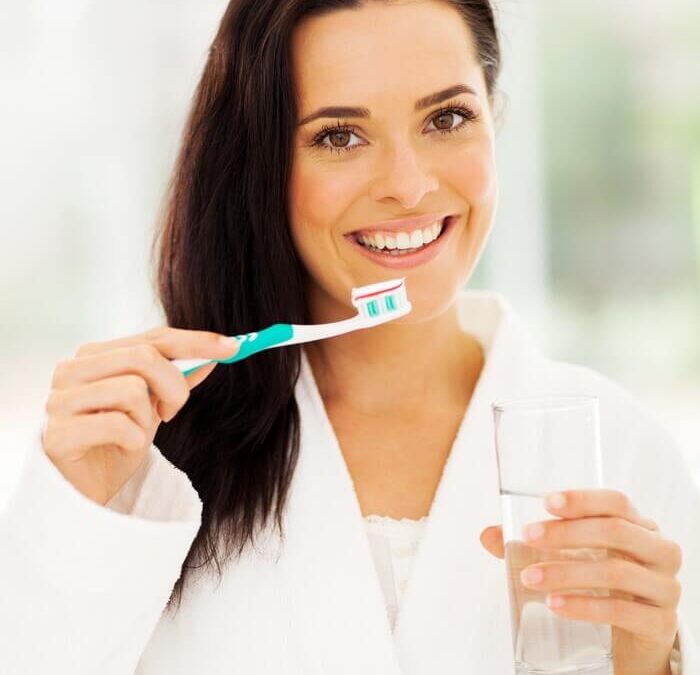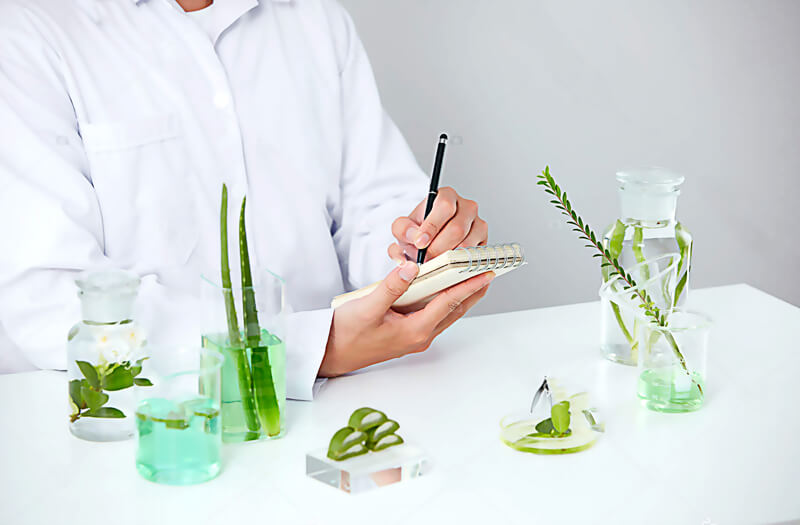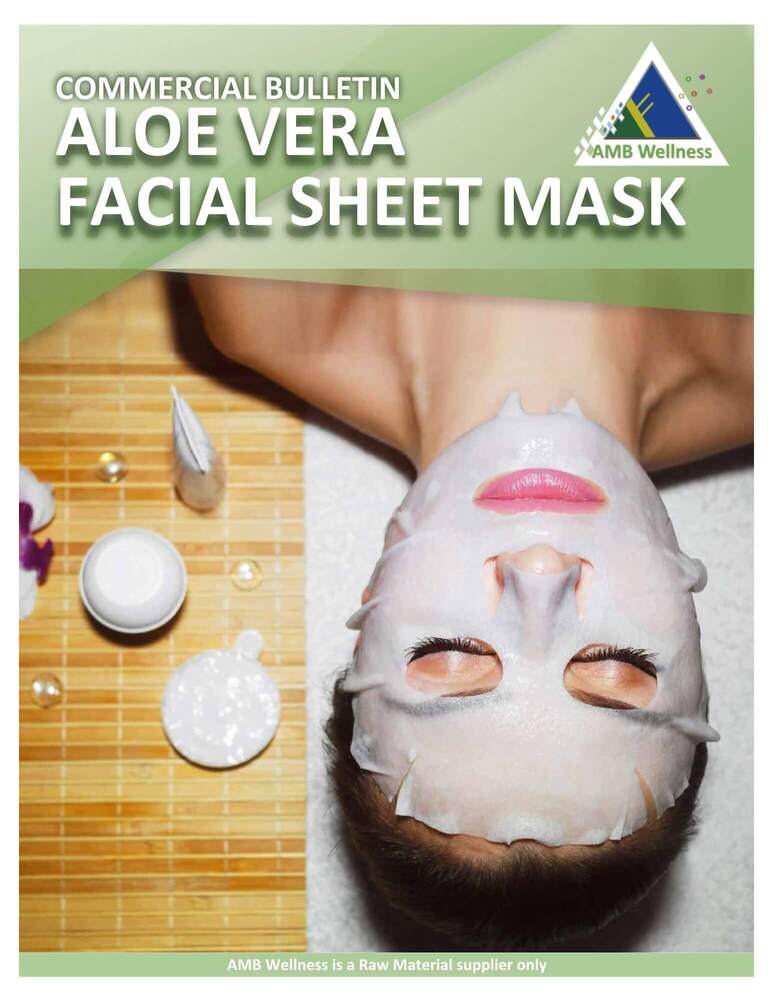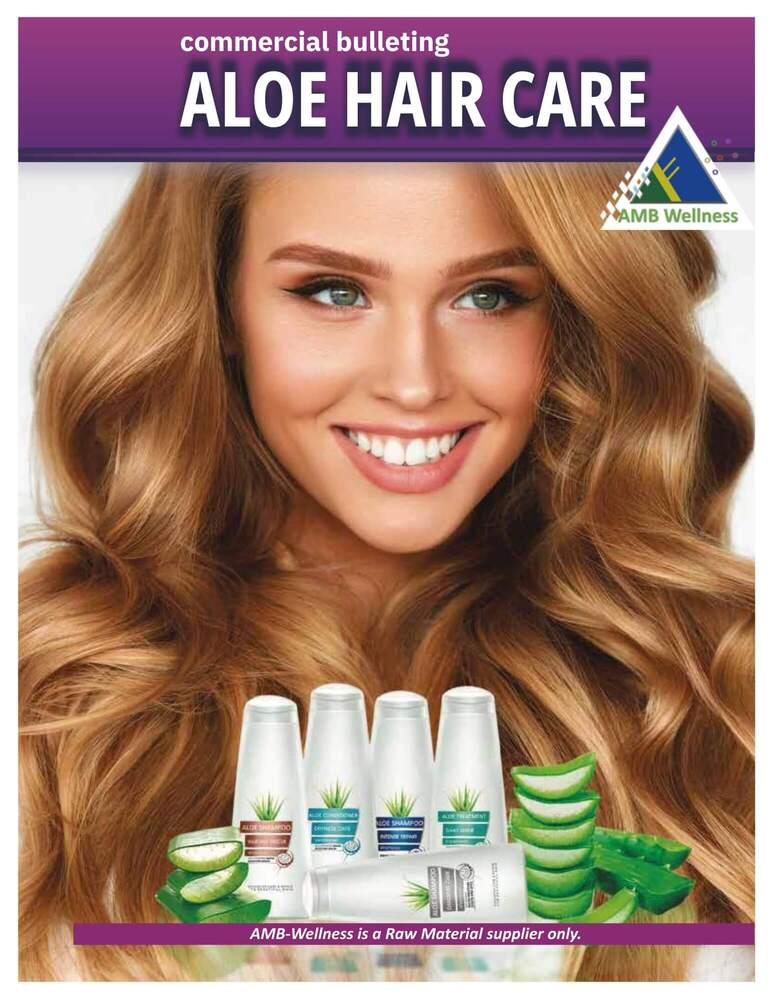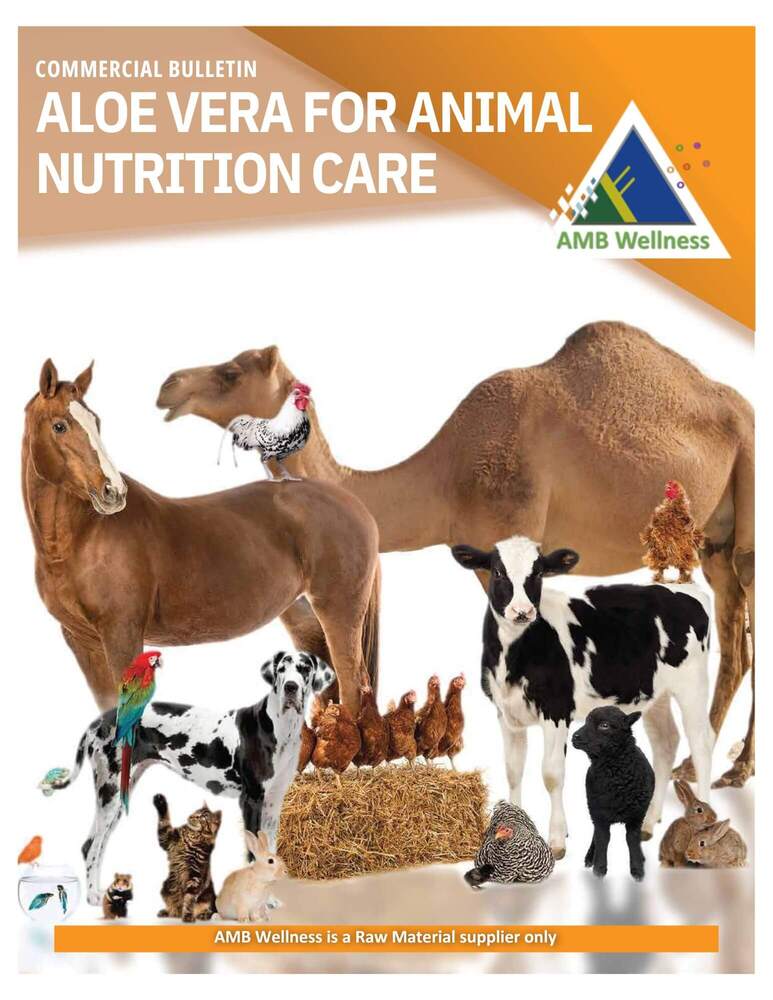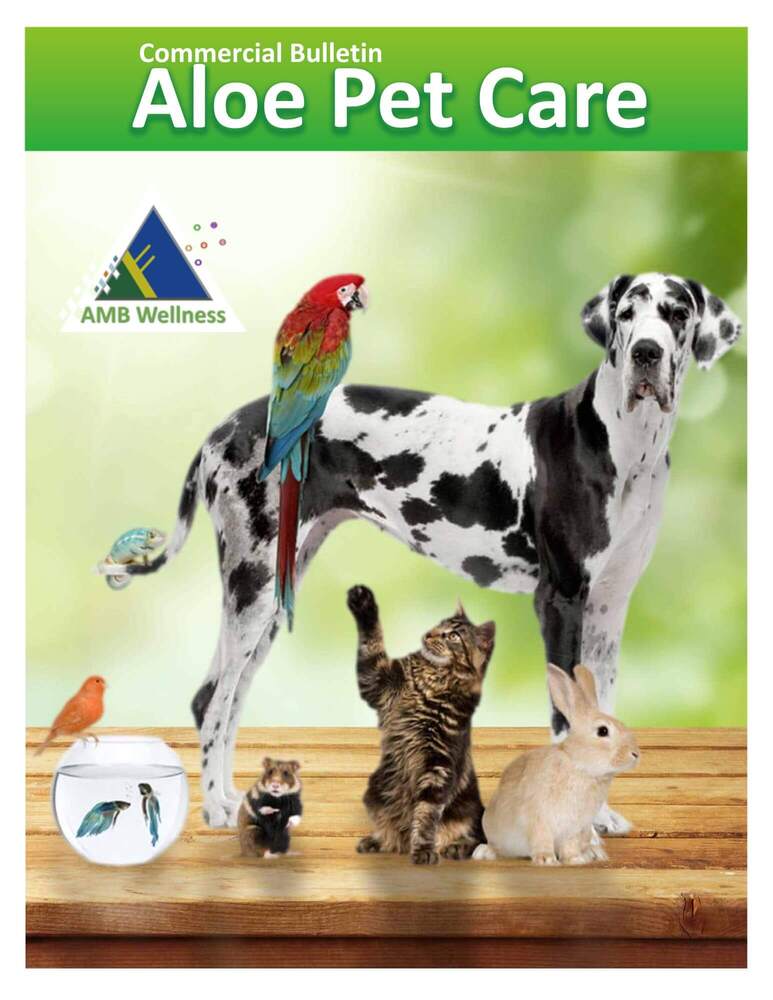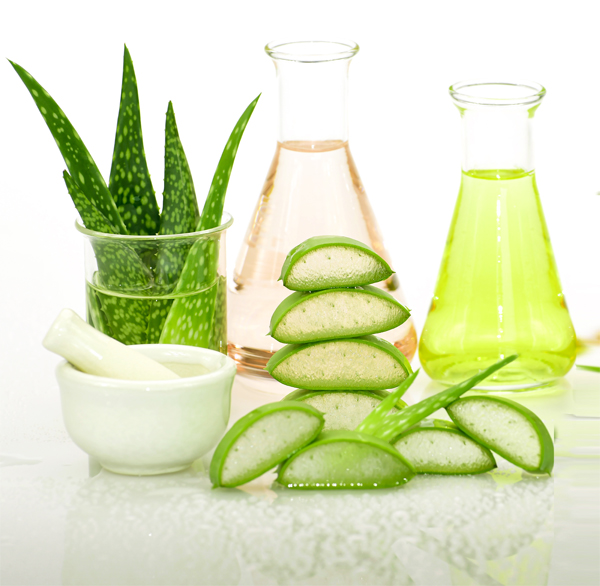Authors Pegah Nasiri, Ali Malekzadeh Shafaroudi , Mahmood Moosazadeh, Delaram Poorkazemi, Javad Mehrani Sabet
Tooth brushing is a primary method to prevent the onset of oral diseases. Aloe vera is commonly used in dentistry as an herbal alternative due to its anti-inflammatory and anti-microbial actions; recently, it has been used in toothpaste formulations as an active agent, Aloe vera toothpaste can be used as an adjunct agent in toothpaste due to its established effects on improving periodontal problems and reducing different oral cavity micro-organisms. The oral cavity contains 500 – 1000 different types of bacteria, fungi, and occasional viruses, cleaning the oral cavity is an essential method of preserving oral health due to removing microbial plaques and preventing them from accumulating on gingiva, periodontal diseases can affect almost 90% of the population. Several etiologic factors can lead to periodontal diseases, including the accumulation of dental plaques. In addition to periodontal diseases, plaque is a critical factor for the initiation and progression of dental caries, tooth brushing once a day is almost adequate to remove plaques and prevent the onset of gingivitis and caries, however, the average adult population do not adhere to sufficient tooth brushing. Consequently, some compounds, such as chlorhexidine, have been used as mouth rinses or are added to toothpaste as adjunctive to improve the mechanical plaque removal, toothpaste can efficiently deliver therapeutically active agents like fluoride to the surface of the teeth, the success of toothpaste depends on its ability to reduce pathogenic oral microflora, researchers have investigated more appropriate alternatives for traditional dental medicines due to side effects, for instance, the unpleasant taste and staining are the main side effects of chlorhexidine mouthwashes

